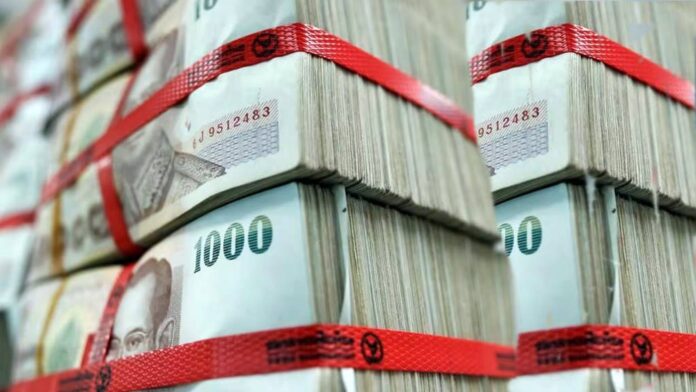Thai government faces higher borrowing costs as foreign investors sell government bonds, causing capital outflows. Weak baht, US rate differences, and competition with private firms for funds also impact local market liquidity.
Bearing Higher Borrowing Costs
The Thai government may face higher borrowing costs due to unfavorable conditions in the local debt market. In the first quarter of this year, over 34.3 billion baht of capital exited the Thai bond market as foreign investors sold government bonds. The wide gap between local and US interest rates, with the Bank of Thailand’s policy rate at 2.5 per cent compared to the US’s 5.25-5.5 per cent, has made Thai government bonds less attractive to foreign investors.
Impact on Liquidity and Investment
The weakening baht and uncertainty over a US rate cut have further heightened concerns in the market. As the government seeks to borrow 693 billion baht to finance its budget deficit for the fiscal year, liquidity may be impacted as it competes with private firms for funds. Furthermore, the rise in corporate bond issuance, influenced by factors such as India’s emergence as an alternative investment destination, adds complexity to the local market.


